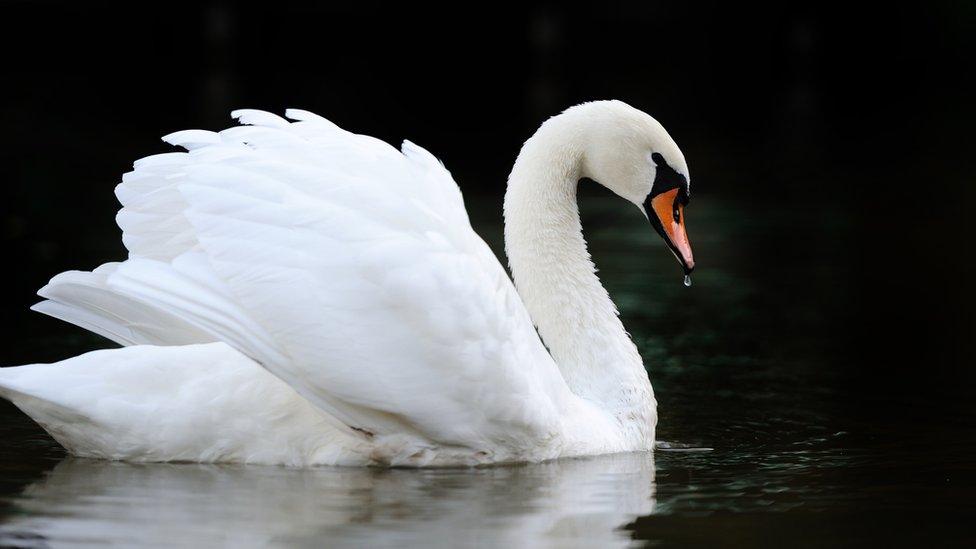Commonwealth in secret succession plans
- Published
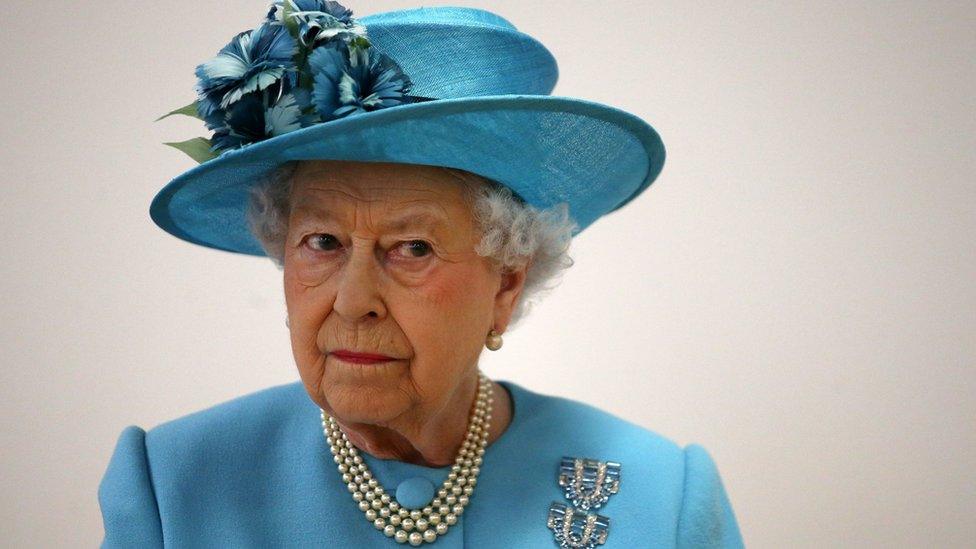
The Commonwealth has secretly begun considering who might succeed the Queen as its head, the BBC has learned.
The issue is hugely sensitive because the role is not hereditary and will not pass automatically to the Prince of Wales on the Queen's death.
The Commonwealth has set up a "high level group" to look at the way the international organisation is governed.
This group is meeting later, officially to review how the Commonwealth is run by its secretariat and governors.
It said the issue of the succession of the head of the Commonwealth was not part of the group's mandate, but described the day-long discussions as "open".
However, senior sources added that the gathering in London would also consider what happens when the Queen, who turns 92 in April, dies.
One said: "I imagine the question of the succession, however distasteful it may naturally be, will come up."
The agenda for the summit, seen by the BBC, says there will be a discussion of "wider governance considerations" which insiders say is code for the succession.
The group is expected to report to the Commonwealth Heads of Government Meeting (CHOGM) in London in April, which is likely to be the last that the 91-year-old monarch will attend.
The group said it was independent of the London-based Commonwealth Secretariat, and would report only to the heads of Commonwealth governments.
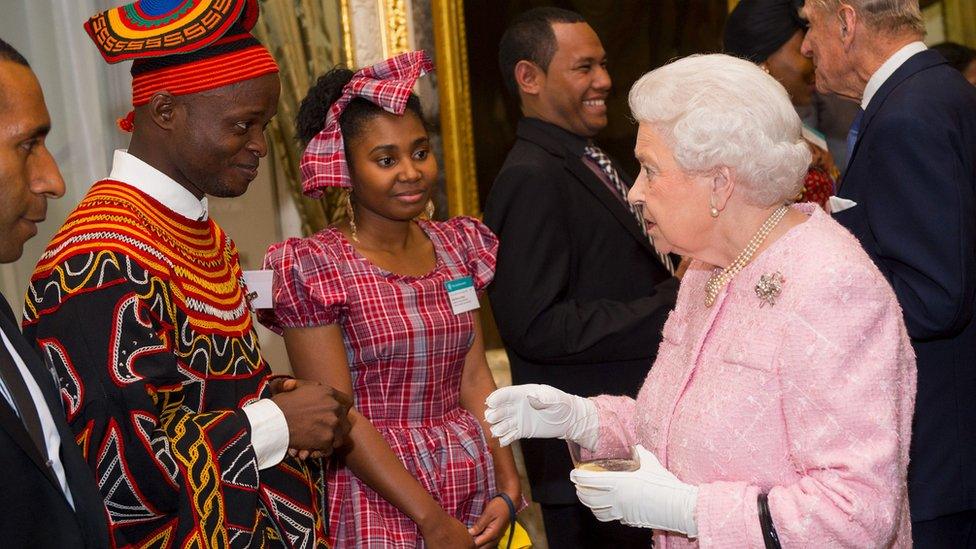
The Queen congratulating winners of the Commonwealth Youth Awards in 2016
A second source said the issue of the succession is expected to be discussed by Commonwealth leaders on the margins of the summit, particularly when they meet without officials "on retreat" at Windsor Castle.
The Queen was proclaimed Head of the Commonwealth at her coronation in 1953, when she was head of state in seven of its eight members.
Although the Queen took over from her father George VI, it is not an hereditary position that will pass automatically to her son - who will be head of state in only 15 of the 53 member nations that now make up the Commonwealth.

What is the Commonwealth?
It is a loose association of former British colonies, plus some other nations
It was founded in 1931
There are 53 member countries
Its secretariat (headquarters) is based in London
About 2.4bn people live in Commonwealth countries

Any decision about the future would have to be made by the Commonwealth heads of government at the time of the Queen's death. But there is no formal process for choosing her successor.
While many Commonwealth figures presume there will be no realistic alternative to Prince Charles, there has in the past been talk of electing a ceremonial leader to improve the organisation's democratic credentials.
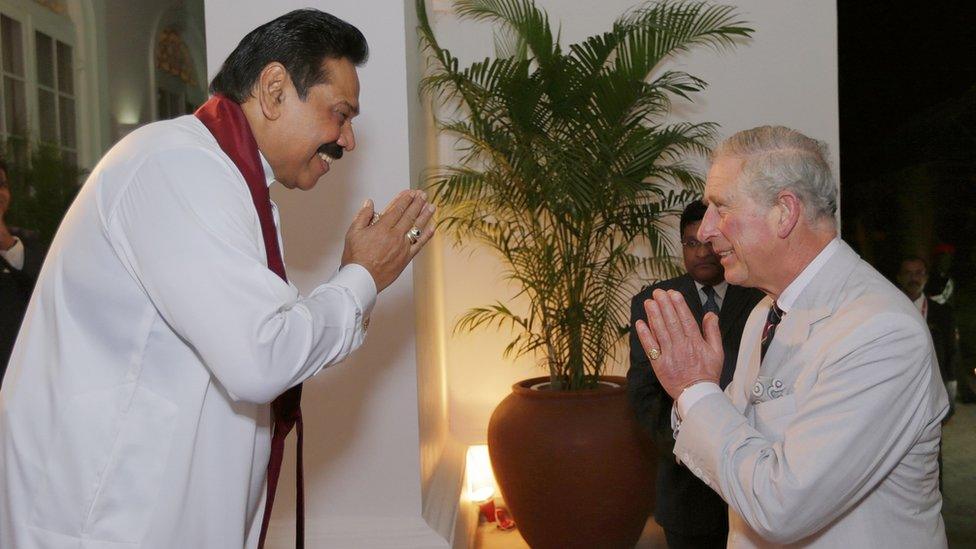
Prince Charles is considered the obvious successor to the Queen as head of the Commonwealth
One source said the issue to be decided was whether a one-off decision should be taken to appoint Prince Charles to the position, or whether a new process should be agreed to ensure that it is always the British monarch who automatically becomes head of the Commonwealth.
"There are various formulas being played with," the source said. "Should it always be the heir to the throne or Prince Charles himself? Is it the person or the position?"
The high level group, which is made up of seven senior former ministers from the Commonwealth, will meet at the body's London headquarters at Marlborough House.
The group, which has its own staff and budget, is independent of the Commonwealth Secretariat. It will look at how the secretariat is run and funded, how a new secretary general is chosen and the balance of power between the Commonwealth's governors and executive committee.
According to documents seen by the BBC, the high level group will not just confine itself to bureaucratic changes. The agenda for the meeting says: "Discussions will take into consideration the issues raised in the first session and also the wider governance considerations of the Commonwealth."
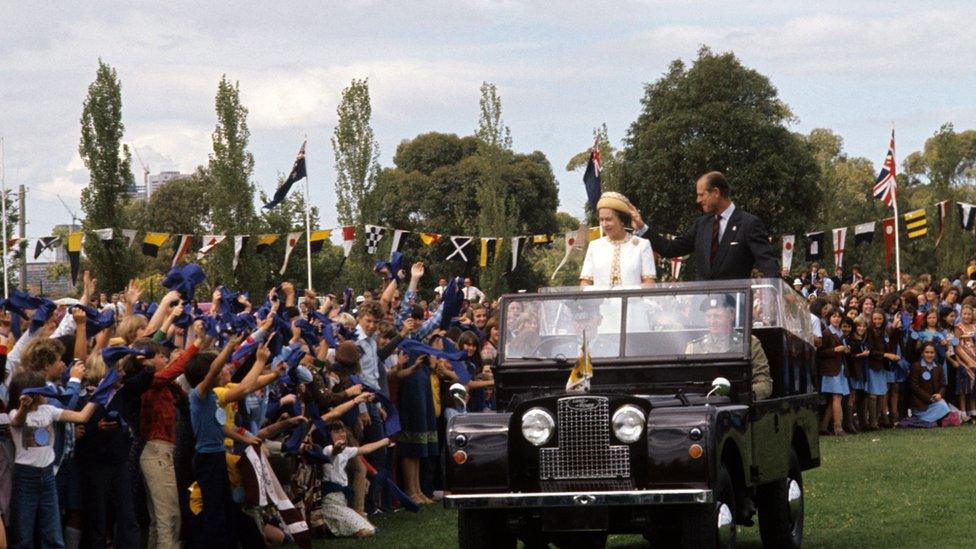
The Queen has been the head of the Commonwealth since her coronation in 1953. In that time she has travelled across the constituent countries, including Australia in 1977, above
The Queen has been working in private to try to ensure that Prince Charles does succeed her, sending senior officials around the world to lobby Commonwealth leaders.
At the last CHOGM in Malta in 2015, the Queen told them that she could not "wish to have been better supported and represented in the Commonwealth than by the Prince of Wales who continues to give so much to it with great distinction".
The Prince of Wales represented the Queen at the CHOGM in Sri Lanka in 2013. A whole section of his website is devoted to the Commonwealth, noting that he has visited 41 out of 53 countries and has been a "proud supporter" for more than four decades.
The high level group consists of:
Chairman Anote Tong: Former president of Kiribati
Lord Howell: Former British energy secretary
Louise Frechette: Former United Nations deputy secretary general
Robert Hill: Former Australian defence minister
Dame Billie Miller: Former deputy prime minister of Barbados
Dr Ngozi Okonjo-Iweala: Former Nigerian minister of finance
George Vella: Former deputy prime minister of Malta
- Published12 February 2018

- Published18 January 2018
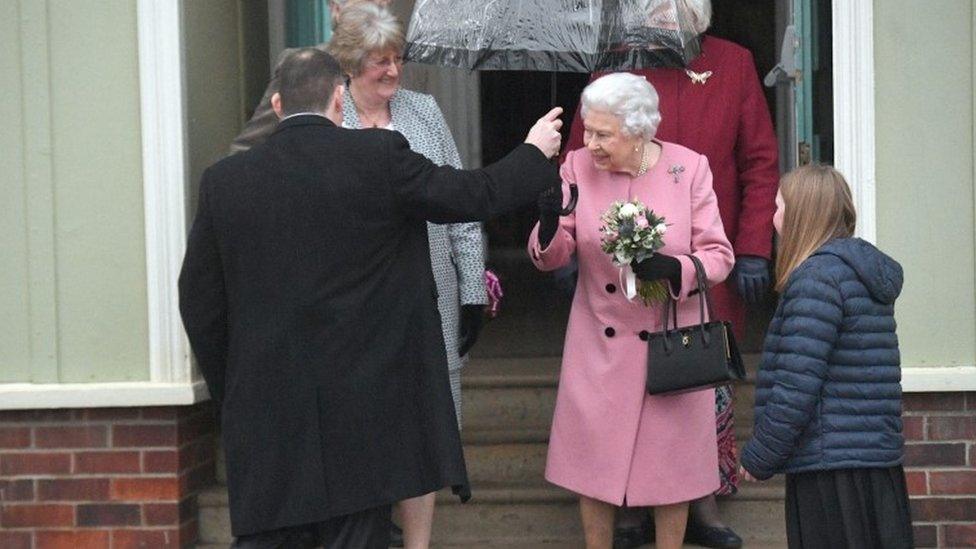
- Published14 January 2018
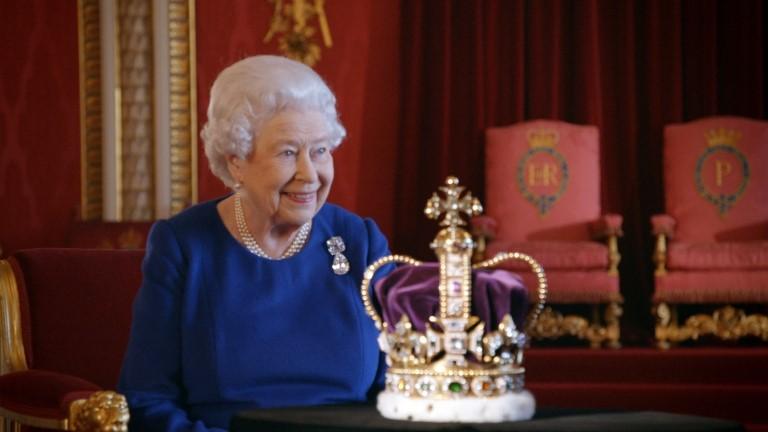
- Published7 February 2018
